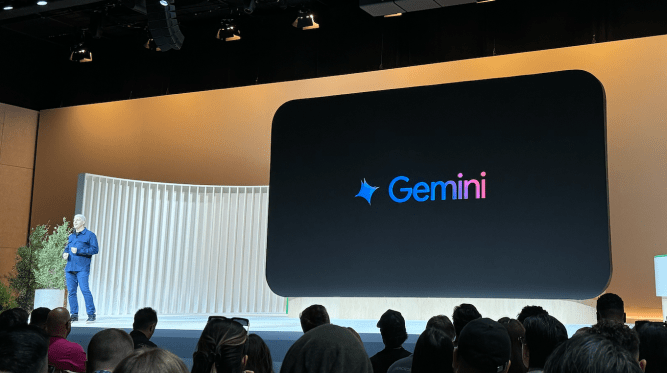AI Revolution: Google Accelerates with New Gemini Models Amid Safety Concerns

In the rapidly evolving landscape of artificial intelligence (AI), Google has remarkably accelerated its pace of model releases, especially with its latest offerings. This shift comes in the wake of the company’s previous setbacks following the launch of ChatGPT by OpenAI over two years ago. March 2025 saw the introduction of Gemini 2.5 Pro, an AI reasoning model that has emerged as a front-runner, surpassing competitors in critical benchmarks related to coding and mathematical capabilities.
This cutting-edge model followed closely on the heels of Gemini 2.0 Flash, which set a new standard when launched just three months earlier. The urgency behind these releases reflects Google’s strategy to stay competitive in the AI sector, as articulated by Tulsee Doshi, Google’s Director and Head of Product for Gemini. During a recent conversation, Doshi emphasized the importance of rapid deployment and soliciting user feedback.
However, this push to innovate rapidly may be compromising essential safety protocols. Concerns have risen about the absence of safety reports for the newly launched models, including Gemini 2.5 Pro and Gemini 2.0 Flash. Industry critics argue that Google’s current priority appears to lean towards speed rather than transparency, which is increasingly becoming a norm for AI advancements.
Traditionally, major players in the AI field, such as OpenAI, Anthropic, and Meta, publish detailed safety assessments, performance metrics, and potential use cases alongside their new innovations. Such reports, often termed system cards or model cards, are crucial for fostering an environment of accountability and responsible AI, something Google itself advocated back in 2019.
Doshi noted that the company has deliberately classified Gemini 2.5 Pro as an ‘experimental’ release, suggesting that further iterations will occur based on user input prior to its full launch. Google has committed to releasing a comprehensive model card when the model becomes widely available. A spokesperson reiterated that safety remains a top priority for the tech giant, with plans to enhance documentation for its AI models in the future.
Despite being generally available, Gemini 2.0 Flash also lacks a publicly accessible model card, contributing to the growing narrative that Google may not be adhering to its previous promises regarding transparency in AI model development. The latest documented model card from Google dates back to Gemini 1.5 Pro, released over a year ago.
Transparency in AI is not merely a regulatory expectation. It’s a critical need as the models grow in sophistication and implications. For instance, OpenAI’s disclosure about its model’s tendency to exhibit problematic behaviors highlighted the necessity for accountability in AI. Experts argue that Google’s rush to bring models to market could set a dangerous precedent, especially as these technologies continue to advance.
As discussions around AI safety and transparency gain traction, navigating the complex landscape of regulatory frameworks remains a challenge. Recent attempts by U.S. lawmakers to establish safety reporting standards for AI have encountered significant obstacles, with minimal traction observed thus far.
With the backdrop of evolving regulations, experts emphasize the importance of public transparency in AI developments. As Google ships its models at an unprecedented rate, the industry watches closely — questioning if the tech giant can balance innovation with the ethical responsibilities that come with its powerful AI technologies.
